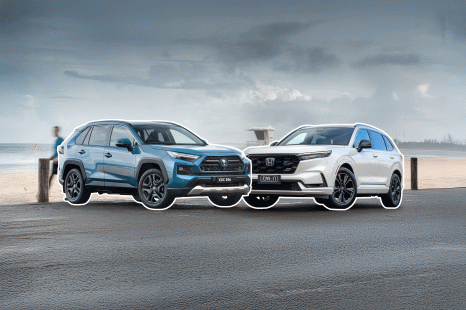

Andrew Maclean
Honda CR-V RS e:HEV vs Toyota RAV4 Edge Hybrid: Spec battle
5 Days Ago
Carmakers say they'd stand a better chance of suppling Australians with more choice if their parent companies observed clear, enforced CO2 targets.

Senior Contributor
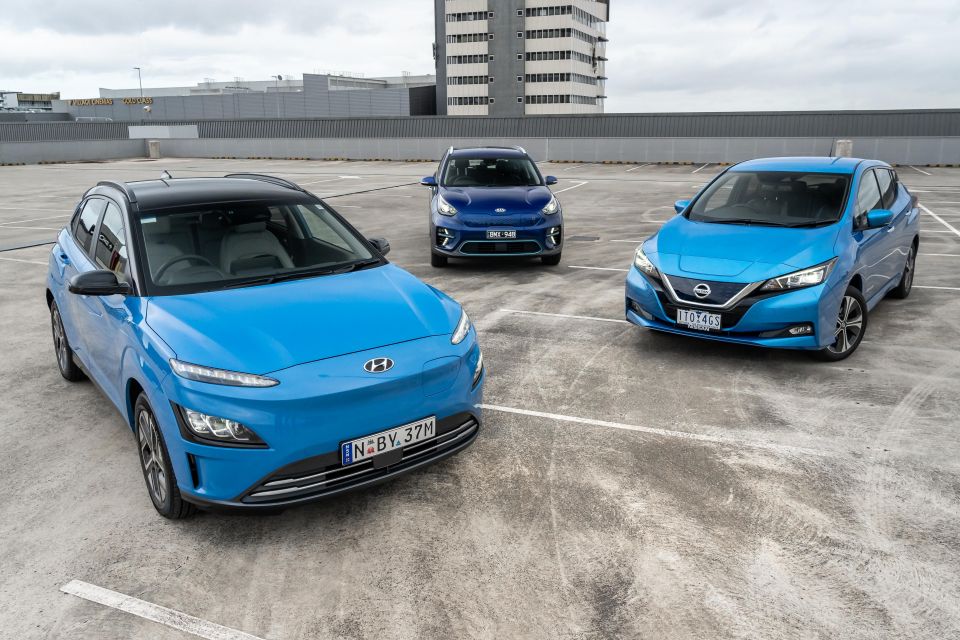

Senior Contributor
The Federal Government has missed a trick by failing to introduce vehicle emissions targets, claims the peak body for Australia’s car brands.
The comments – not the first on this issue – come in the context of today’s announcement of $178 million in new funding targeted at charging infrastructure and the local EV supply chain.
Prime Minister Scott Morrison said the plan would “work to drive down the cost of low and zero emission vehicles, and enhance consumer choice”.
As well as the absence of emissions targets, no Federal plans for EV rebates or tax relief like those policies in New South Wales, Victoria and South Australia were announced either.
MORE: Australian car industry keeps calling for new government-backed CO2 targets
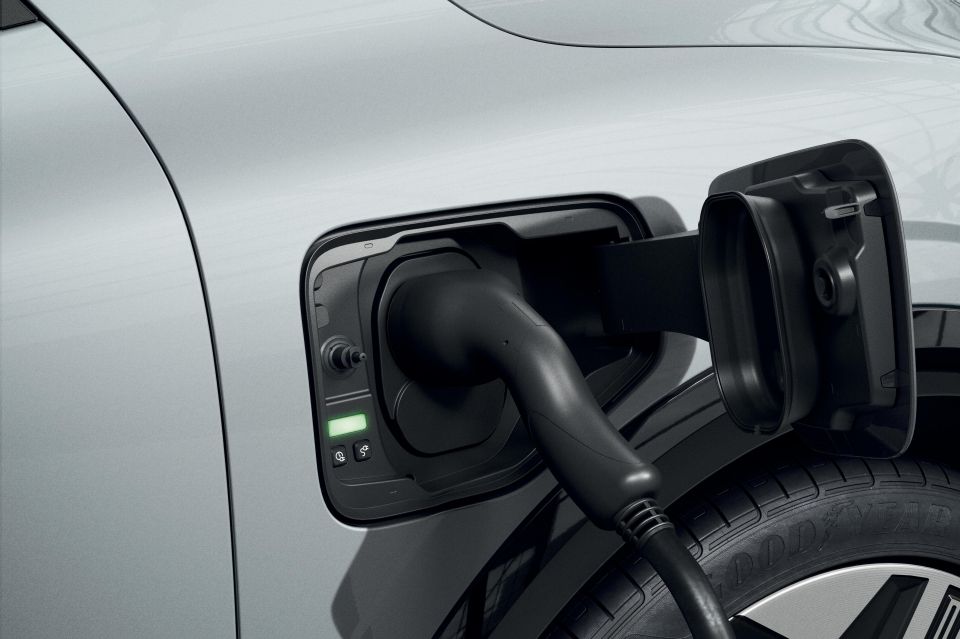
The Federal Chamber of Automotive Industries (FCAI) says the absence of emissions standards like those employed in much of Europe, to name one example, disincentives foreign carmakers sending supply of electric cars to their Australian operations.
The companies can only produce so many EVs – especially in the current climate of factory slowdowns – and supply goes first to those regions where there are penalties for not hitting emissions mandates or sales percentages.
It’s a pull factor that Australia’s car brands claim makes it harder to get stock.
MORE: Government to fund electric car infrastructure
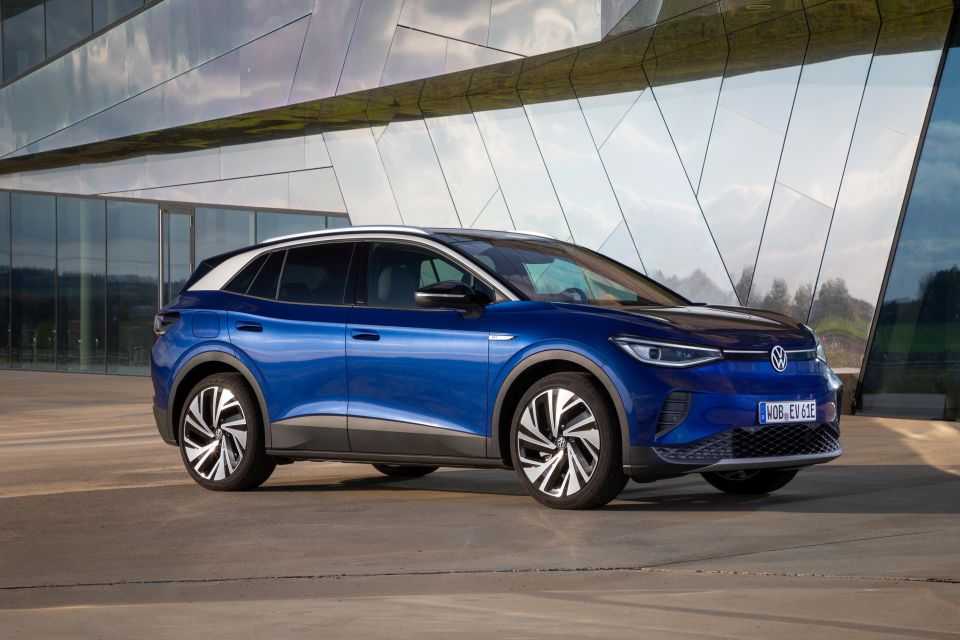
This manifests itself in the form of shortages on in-demand cars like the Hyundai Ioniq 5, or in some cases companies such as Volkswagen being unable to get a look in on hot-sellers like the ID.3 and ID.4 at all.
Go take a look at your favourite car brand’s site in the US or across Europe, and it’s likely there’ll be a greater spread of EV product to choose.
The FCAI claims such standards set a clear target for addressing the objective of emissions reduction in the Australian economy and provide momentum to reduce vehicle CO2.
MORE: Emissions targets explained, Q&A with FCAI chief executive
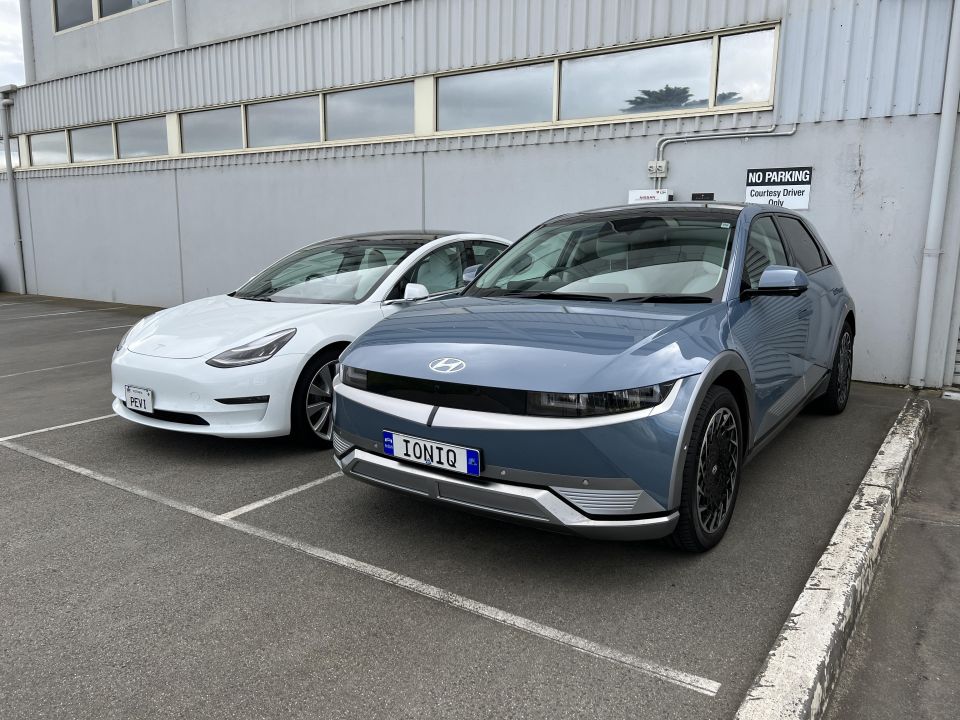
“Around the world, emissions targets are a clear sign of a governments [sic] intent to reduce emissions and sends a positive signal to automotive manufacturers to provide more electric-powered vehicles to those markets.
“This is exactly what is needed in Australia,” said chief executive Tony Weber.
“… Governments should focus on setting targets, not trying to pick winners through specific technology,” Mr Weber added.
“The availability of EVs in Australia is increasing as car manufacturers respond to growing demand, however the reality is that they still account for less than one percent of total vehicle sales year to date.
MORE: Electric car sales surging in Australia
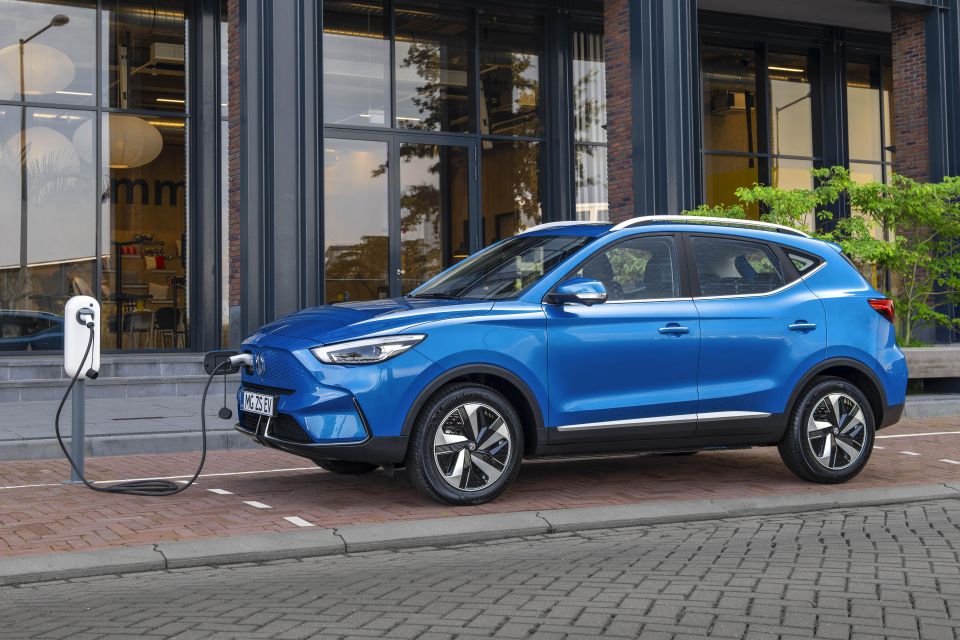
“This means that the Government’s target for EVs to be 30 per cent of new vehicle sales by 2030 is extremely optimistic.”
Naturally, the FCAI also urged the government to adopt its existing voluntary emissions standard which sets a pathway to lower CO2 emissions across the passenger and light commercial fleet through 2030.
The government also drew criticism from the EV Council for not following the States by introducing ZEV rebates and tax relief, though the Federal plan did allow for growing its own public servant fleet of these vehicles – like several States and Territories have done.
Read more on the patchwork of State-based EV policies here.
MORE: Australia-wide EV policy needed to avoid ‘chaos’ MORE: Australian electric vehicle launch calendar MORE: Volkswagen, EV Council demand national electric car policies now


Andrew Maclean
5 Days Ago
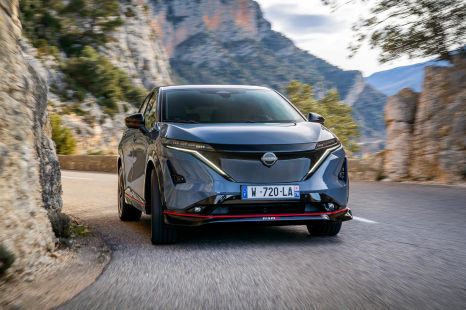

Shane O'Donoghue
5 Days Ago


Anthony Crawford
4 Days Ago


Matt Campbell
3 Days Ago


James Wong
2 Days Ago


Max Davies
7 Hours Ago